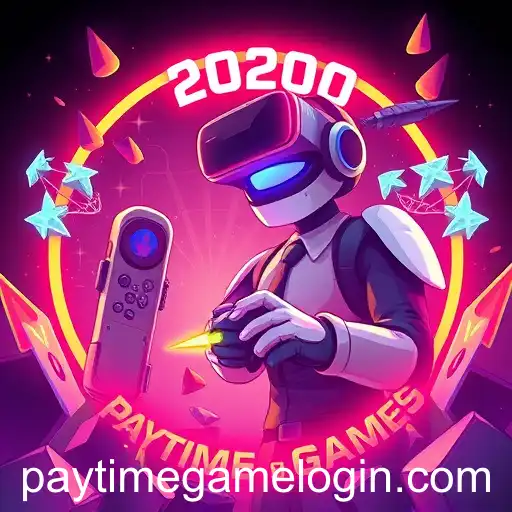
Paytime Games are reshaping the online gaming industry with their innovative approach to interactive entertainment and virtual economies.
The gaming industry has always been at the forefront of technological and economic innovation. Enter Paytime Games, a transformative concept that is reshaping how we interact with digital entertainment in 2025. These games offer a unique blend of real-time interaction and virtual economies, allowing players not only to engage in captivating experiences but also to partake in lucrative ventures within the digital realm.
As the global gaming audience continues to expand, Paytime Games have captured the attention of both players and investors alike. Their model is simple yet effective: capitalize on real-world time spent in the game to create virtual economies that lend themselves to real-world financial opportunities. With advancements in blockchain technology and digital currency integration, Paytime Games offer a seamless experience where time truly equates to money.
One of the key dynamics driving the success of Paytime Games is their ability to tap into the modern gaming community's penchant for both social interaction and entrepreneurial spirit. Titles within this genre often include features that encourage collaboration, competition, and commerce among players, making them dynamos of social interaction in a virtual landscape. These games often host events and seasons that offer exclusive rewards, further incentivizing engagement from their player base.
The economic impact of Paytime Games cannot be overstated. As traditional revenue models in the gaming industry evolve, Paytime Games present a hybrid approach by combining direct purchases with in-game revenue generation. By nurturing player-driven economies, these games have opened new revenue streams for developers while providing players with opportunities to monetize their skills and time.
Looking toward the future, the trajectory of Paytime Games suggests a growing influence on the broader entertainment sector, challenging traditional economic paradigms and offering new means of digital engagement. Industry analysts predict an increasing number of traditional game developers will pivot towards this model, recognizing both its financial viability and its appeal to the modern gamer.
In conclusion, Paytime Games represent a significant shift in how games are conceptualized and monetized. By transforming in-game experiences into viable economic opportunities, these games are not only redefining entertainment but are also offering a blueprint for the future of digital interaction.




